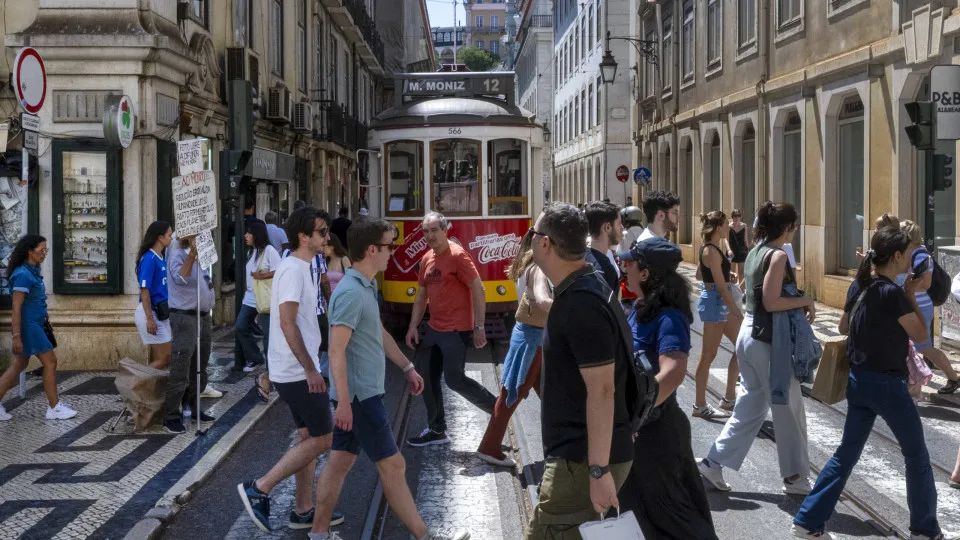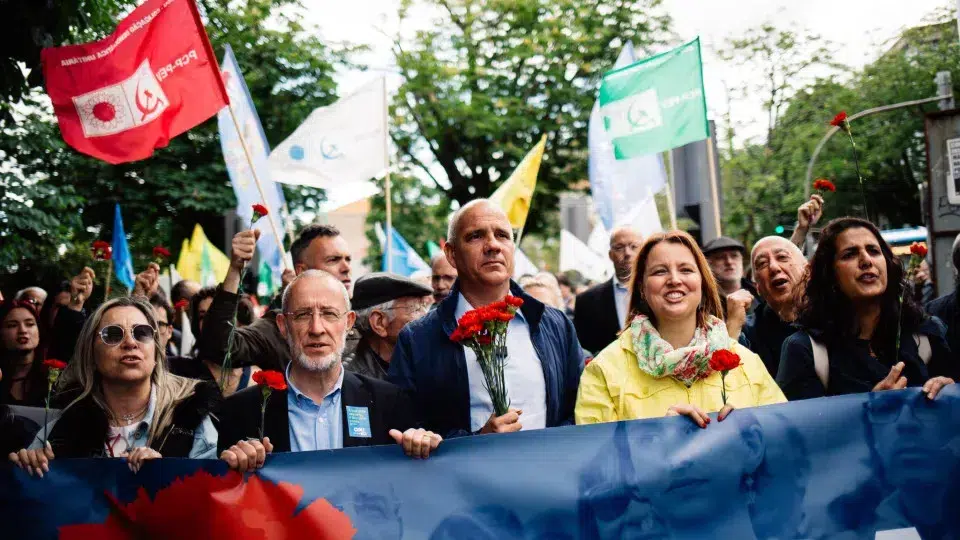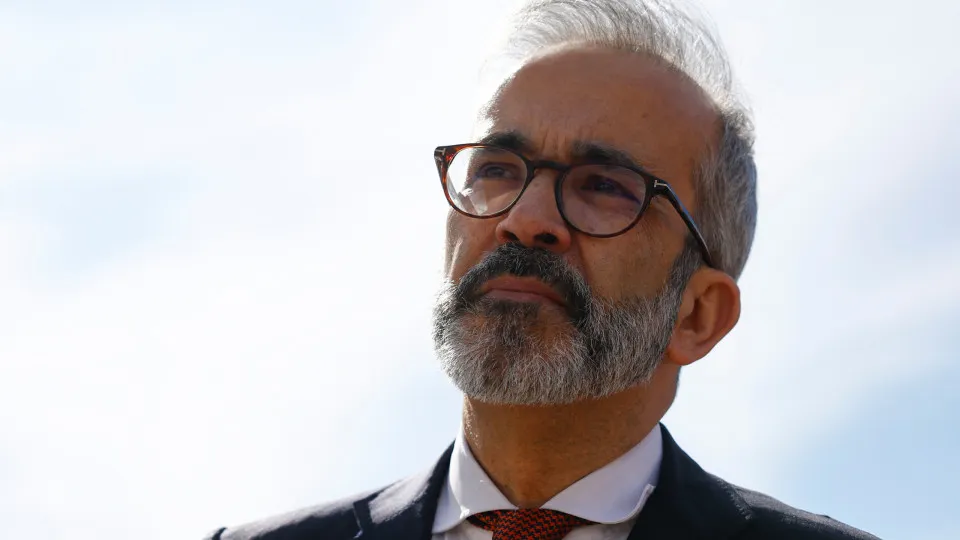
The ANAV has put forward ten proposals for the State Budget 2026, valued at approximately 146 million euros. Among these, it suggests the creation of an annual subsidy amounting to 50 million euros to encourage domestic travel, exclusively channeled through travel agencies.
The association emphasizes that this proposal aims to bolster internal tourism, distribute wealth across regions, combat seasonality, and ensure consumption.
Additionally, ANAV proposes a “fiscal benefit of 120% in corporate income tax for investments in management software, digital platforms, artificial intelligence, and cybersecurity,” estimated to have an impact of 20 million euros, addressing the sector’s technological lag.
The budget should also include a reduced rate of 13% on tourism brokerage commissions (currently at 23%), with an estimated impact of 15 million euros, and an annual support line of five million euros for international trade fairs and external promotion.
The proposals also include the establishment of a national voucher program for young people (aged 18 to 23), providing 150 euros each to be used in nationally registered agencies, estimated to impact 30 million euros.
Furthermore, the association calls for four million euros annually for certified training in tourism, legislation, sustainability, and digital technologies, along with an annual fund of three million euros supporting environmental certification, carbon offsetting, and awareness campaigns.
ANAV also suggests the elimination of double taxation on transportation and the update of taxation on other aspects of agency operations, with an estimated annual impact of 10 million euros.
Finally, ANAV requests a credit line of 50 million euros, with subsidized interest (maximum spread of 1.5%) and 80% mutual guarantee, alongside a two-year exemption from social security for hiring young graduates or retraining professionals, the latter with an annual impact of seven million euros.
Miguel Quintas, president of ANAV, stated, “The proposed measures represent a direct public investment of approximately 146 million euros, yielding higher returns in tax revenues, employment, competitiveness, and sustainability.”
He assured that “this package is strategic to ensure that Portugal maintains Tourism as an economic and social engine.”
Lusa has requested proposals for the State Budget 2026 from other tourism sector associations and is awaiting responses.




